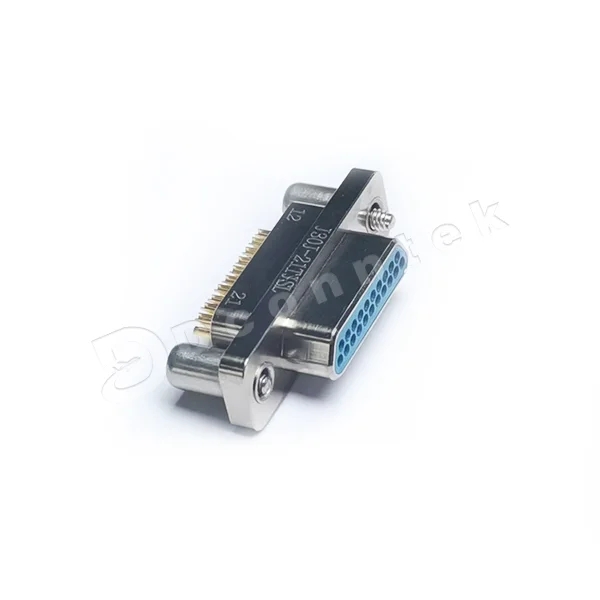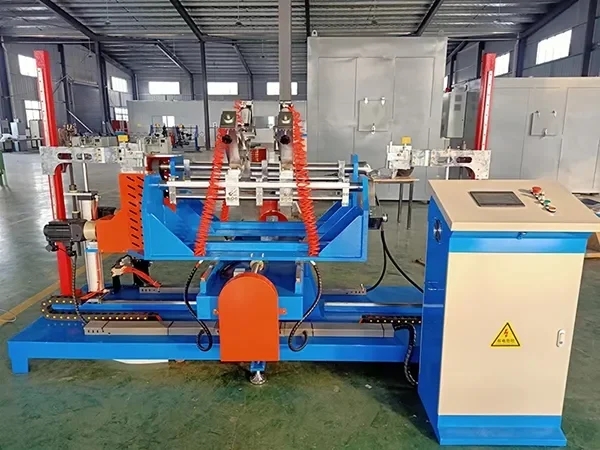Is Purified Water the Key to a Healthier Lifestyle?
4 min readIntroduction
In today's world, where health and wellness are at the forefront of many people's minds, the quality of the water we drink has become a significant concern. With the rise in awareness about the potential contaminants in tap water, the demand for purified water systems has surged. But what exactly are these systems, and do they truly offer the benefits they claim? This article aims to delve into the world of purified water systems, exploring their technology, benefits, and whether they are essential for a healthier lifestyle.
What Are Purified Water Systems?
Purified water systems are a set of processes and technologies designed to remove impurities from water by eliminating contaminants such as chemicals, bacteria, suspended solids, and other unwanted substances. These systems can be found in various forms, from household water filters to large-scale industrial purification plants. The primary goal of these systems is to provide clean, safe, and tasteful drinking water that meets or exceeds the standards set by health organizations.
Types of Purification Technologies
There are several technologies used in purified water systems, each with its own strengths and weaknesses:
-
Distillation: This method involves boiling water to produce steam and then condensing the steam back into water, leaving most impurities behind.
-
Reverse Osmosis: A semi-permeable membrane is used to filter out larger particles and dissolved solids from water.
-
Ultraviolet (UV) Disinfection: UV light is used to kill or inactivate microorganisms such as bacteria and viruses.
-
Activated Carbon Filtration: Carbon filters absorb organic compounds and chlorine, improving taste and odor.
-
Ion Exchange: This process removes ions from water, reducing hardness and other impurities.
Benefits of Purified Water Systems
Healthier Hydration
One of the most significant benefits of purified water systems is the health benefits they provide. By removing harmful contaminants, purified water can reduce the risk of waterborne diseases and improve overall health. For individuals with sensitive stomachs or those who are more susceptible to illness, drinking purified water can be a safer option.
Improved Taste and Odor
Another advantage of purified water systems is the improved taste and odor of the water. Many people find that tap water has an unpleasant taste or smell due to the presence of chlorine or other chemicals used in the treatment process. Purified water, on the other hand, is often described as crisp and refreshing, making it more enjoyable to drink.
Environmental Impact
The use of purified water systems also has environmental benefits. By reducing the need for single-use plastic bottles, these systems can help to decrease plastic waste and reduce the carbon footprint associated with bottled water production and transportation.
How Purified Water Systems Work
The Science Behind Purification
To understand the effectiveness of purified water systems, it's essential to look at the science behind the purification processes. Each method targets specific contaminants:
-
Distillation targets volatile organic compounds and some inorganic compounds.
-
Reverse Osmosis is effective at removing a wide range of contaminants, including bacteria, viruses, and certain chemicals.
-
UV Disinfection is primarily used to eliminate microorganisms.
-
Activated Carbon Filtration is excellent for removing chlorine, organic compounds, and improving taste.
-
Ion Exchange is used to reduce the levels of calcium and magnesium, which contribute to water hardness.
The Process of Purification
The process of purification in purified water systems typically involves several stages. Water first passes through a pre-filter to remove larger particles. It then undergoes the primary purification process, such as reverse osmosis or distillation. After this, the water may pass through additional filters, such as activated carbon, to further improve taste and remove any remaining contaminants. Finally, UV disinfection may be used as a final step to ensure the water is free from harmful microorganisms.
Choosing the Right Purified Water System
Factors to Consider
When choosing a purified water system, there are several factors to consider:
-
Type of Contaminants: Different systems are better suited to removing specific contaminants. It's essential to know what's in your water and choose a system that targets those contaminants.
-
Water Usage: Consider how much water you use and whether you need a system for drinking water only or for the entire household.
-
Cost: Purified water systems vary in price, and ongoing costs include maintenance and replacement of filters.
-
Space: Some systems are more compact than others, so consider the space available in your home or office.
-
Environmental Impact: Look for systems that are energy-efficient and have a lower environmental footprint.
Maintenance and Care
Proper maintenance is crucial for the effectiveness and longevity of purified water systems. This includes regular filter changes, cleaning, and occasional system checks to ensure everything is functioning correctly. Neglecting maintenance can lead to a decrease in water quality and even damage to the system.
Innovations in Purification Technology
As technology advances, so do the methods and efficiency of purified water systems. Innovations such as smart water filters that monitor and alert users when maintenance is needed are becoming more common. Additionally, there is ongoing research into more sustainable and energy-efficient purification methods, which could make purified water systems even more accessible and eco-friendly.
Global Impact and Accessibility
The global impact of purified water systems is significant, especially in areas where clean water is scarce. As these systems become more affordable and efficient, they have the potential to improve the health and quality of life for millions of people around the world.
Conclusion
Purified water systems are more than just a trend; they are a necessity for many who seek to improve their health and the environment. By understanding the technology, benefits, and considerations when choosing a system, individuals can make informed decisions about incorporating purified water into their daily lives. As these systems continue to evolve, it's clear that they will play a crucial role in the future of clean water access and consumption.
https://www.orisunindustry.com/RO-water-Treatments.html
Orisun group



